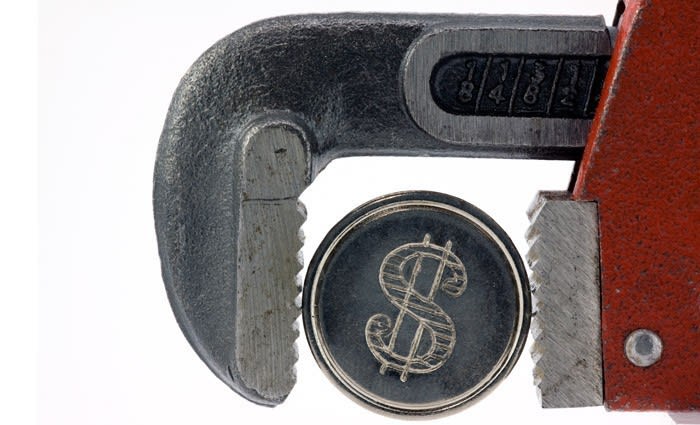When an "off market sale" isn't really up for sale
On the subject of off-markets, we buy a fair number – but we reject an awful lot more than we buy.
For the inexperienced buyer, many off-markets are not what they are cracked up to be (by the agents). A number of inexperienced buyers are lured by the romance of an off-market – you know that secret listing that only you know about? However, well down the track the inexperienced buyer can often find that the property was not really for sale.
In other words, an off-market home may look like a duck and you may be told that it is a duck, but it doesn’t always walk like a duck or quack like a duck. And if you can’t buy it, then it isn’t a duck.
How can that be? After all, the agent told you this off-market home was for sale and even took you there. That may be so, but he may be using you just to get a future listing. Or the seller may have told the agent that if he can get 50% more than market value he may deal. In these two circumstances we consider the home is really not for sale.
To find out whether an off-market home is really for sale, you need to ask four questions.
Question number one: Does the agent have an authority to sell this home and what is written on the authority? If the agent can’t say yes then it’s not a duck. We recommend you are very careful in your dealings with that agent until they have an authority.
Question number two: Can I have access to the home? If the agent replies that the owner wants a really quiet sale and doesn’t want anybody going through the home or anyone else to know about it, that doesn’t sound like a duck. If you can’t get reasonable access for valuers, for buyer agents or for pest and building inspectors or architects, then it isn’t a duck. The off-market is not really for sale, as any reasonable seller would give you reasonable and timely access.
Question number three: Ask to see the contracts. If you want to put in a reasonable offer and the seller won’t prepare a basic contract (which takes no more than 72 hours and less than $1500 on most normal homes), then this deal is not walking like a duck and quite possibly it’s not really for sale. I wouldn’t make my final offer until I had contracts, no matter how time compelling everything seems to be.
Question number four: Is there an asking price? If the agents answers something like: “Well, she wants $3,000,000 I think. She is being very cagey. Why don’t you just put an offer in and we can go from there?”; and then if you put an offer in and the response is: “It’s not enough”, and then you ask the agent: “okay how much is enough, what does the seller want”, and no clear answer comes from the agent, heaps of excuses, but nothing in writing – guess what, it’s not a duck! It’s not really for sale, so move on – you are wasting your time for now.
Read over page for four signs to help you know if an off-market home is truly for sale
We do not pursue off-market homes if we have made good offers and nothing concrete comes back to us. The home is not for sale now – the seller may be just bored an looking for entertainment, wanting to get a “free val” or trying to appease the agent who is pressuring him or her.
You can tell whether off-market home is for sale if:
- The agent has a written authority to sell
- You can get good access
- There are or will soon be contracts if negotiations get going
- It has a price
Even though off-markets may appear very attractive because they are “secret”, if you are a real buyer, it’s important that you only spend your emotional efforts on off-market homes that are really for sale. While you are looking to the left at an off-market that is not really for sale, you may be missing out on an on-market that is drifting down your right side.
So remember the four rule duck test for off-markets and quack, quack, welcome back – let the early spring season bloom for all buyers and sellers.
